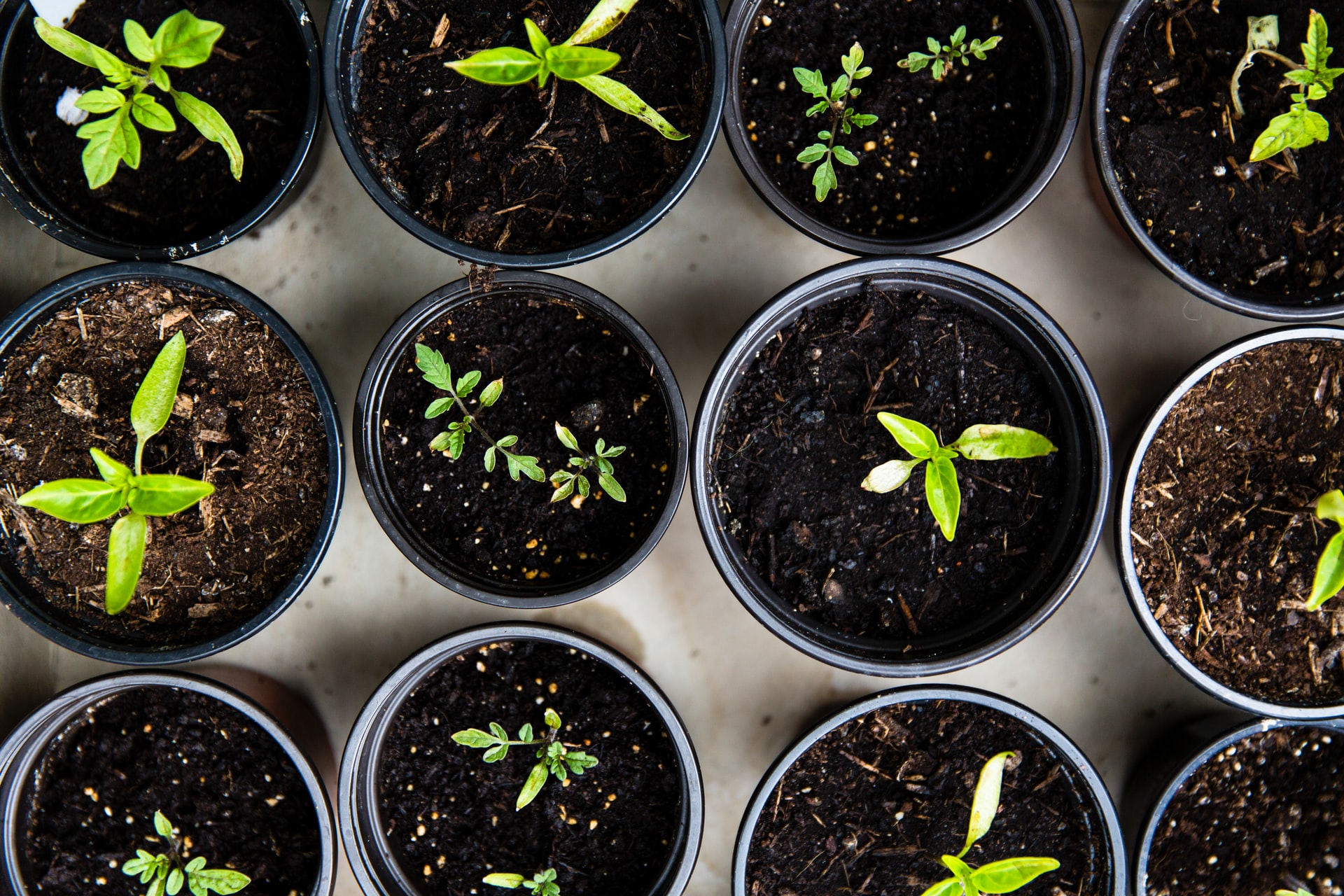
Body + Mind is reader-supported. We may earn an affiliate commission when you buy through some of the links on our site.
When someone tells you to take care of your mental health, you might try yoga, breathing exercises or better sleep hygiene. Those are great coping mechanisms to handle struggles related to challenges like anxiety and depression, but don’t forget to add gardening to your list.
Check out eight benefits you should know about gardening and mental health. Even if you don’t have a green thumb, you can feel more relaxed and in touch with yourself by tending to plants that need your help:
It’s difficult for people to accept a lack of control when things go wrong in life. In your garden, you’ll have a sense of control over which plants you grow and if they thrive. Even if you devote all your time and energy to your plants, sometimes the unexpected will still happen.
Your plants may wilt or die of a bug infestation. After you recognize what went wrong, you can take a moment to accept the change of plans and learn how to help your garden recover. Learning to accept what you didn’t anticipate will reduce how often your mind responds by spiraling into depression or a panic attack.
You might be hard on yourself when you don’t reach your personal goals within the time frame you wanted. Growth doesn’t start and finish overnight, which you’ll see represented in your garden. Lasting change happens slowly, so you can use gardening to extend compassion and patience to yourself like you will for your plants.
Society rewards perfectionism because it’s supposed to help you improve yourself and your life. Even if that’s been true for you, that kind of drive is terrible for your mental health. A recent study found that extreme attention to detail puts you at risk for depression or worsens your symptoms if you already have it.
While you fight the causes of your perfectionism, your garden will strengthen your resolve. Gardens have weeds, bugs and lopsided plants that don’t always look the way you want. You won’t grow perfect plants, but you’ll still successfully watch your flowers bloom or harvest homegrown veggies.
Unless you decide to raise indoor plants, gardening will make you spend more time outside. Recent research shows that going outdoors improves your psychological healing by reducing your stress. Getting a breath of fresh air and surrounding yourself with nature helps you put life on pause and remember the world is bigger than whatever stresses you.
You might find that you have a small garden that doesn’t require much of your time. After you tend to your plants, you can always try outdoor mindfulness activities to continue experiencing the calming effects.
Shoveling dirt around in your garden or bending over your plants works out your arms and core muscles. Exercise naturally increases your serotonin levels and makes you feel happier afterward. It’s the perfect activity if you’re feeling down or need to focus on something new. You might not expect exercise to play a role in gardening and mental health, but it can provide some of the most immediate impacts.
Another way to improve your serotonin production without taking or increasing your medication is to experience the positive rewards of your labor. Once you eat a salad with vegetables from your backyard or arrange your backyard flowers in a vase, you’ll enjoy the satisfaction that comes from devoting your time and energy to your new hobby. The joy will outweigh your stress and encourage you to keep working in your garden.
Community gardening groups exist in nearly every town, so use your new skills to meet people. Ongoing loneliness hurts your mental health by intensifying depression and stress. Even if you only make one friend, you’ll feel delighted by the new connection and benefit from their friendship during future moments when you’d otherwise be alone.
Preventing loneliness is an easy way to fight mental illnesses, and gardening can make that happen.
Doing something you love relieves stress. Chronic stress alters your mood by making you irritable or worried. It also contributes to physical illness by affecting your immune functions and hormone production.
Working with plants, seeds and gardening supplies refocuses your attention so you let go of your stress without thinking about it. You won’t have to worry about a lifelong battle with stress if you have a hobby you love, like gardening.
You can start a garden at home in your backyard, a raised planter box or even in a few pots on your apartment balcony. No matter where you live, you can discover how gardening and mental health will improve your quality of life and give you a new passion.